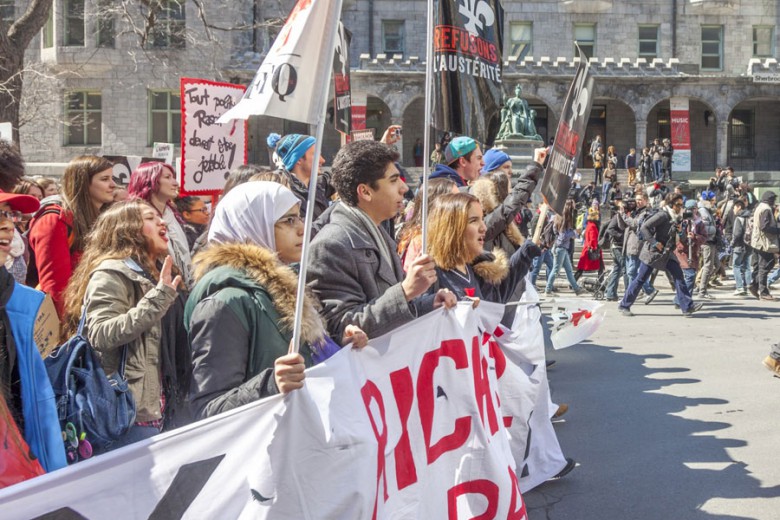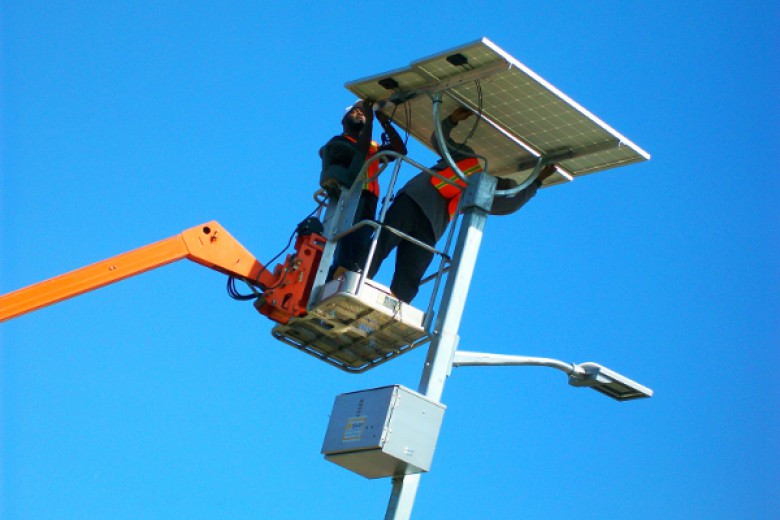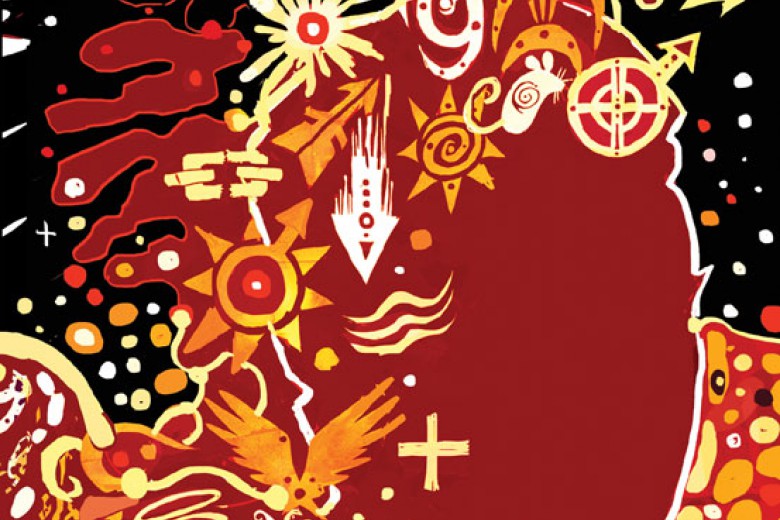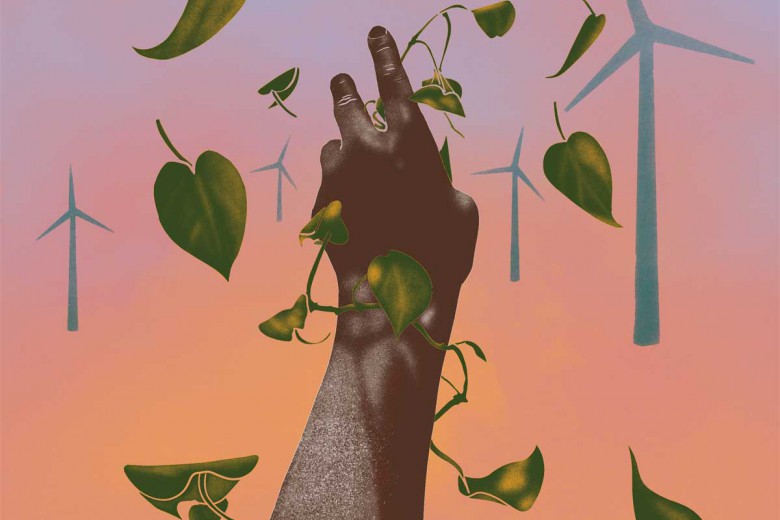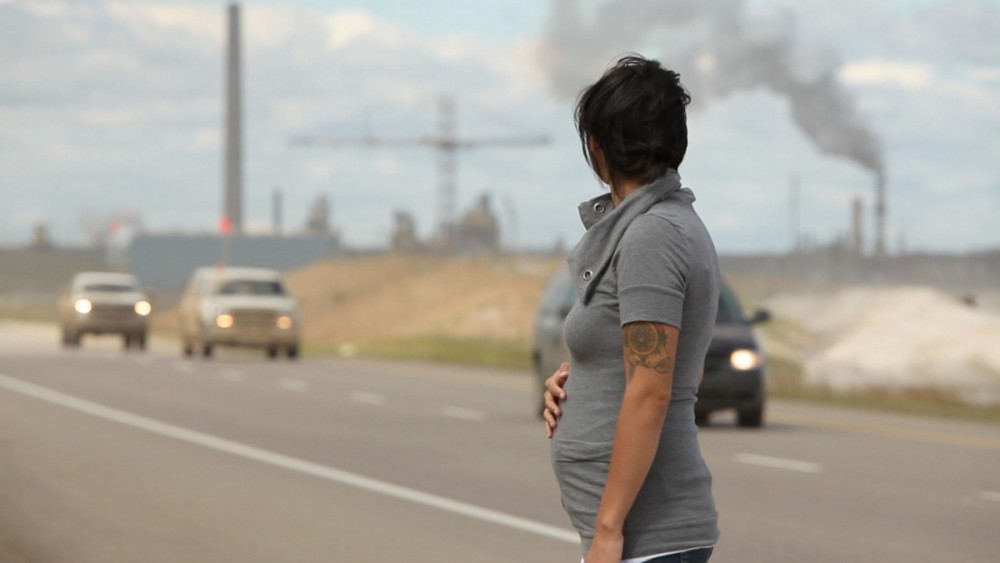
Earlier this winter, Canada’s best known and most trusted environmentalist, David Suzuki, declared modern environmentalism a failure. The span of Suzuki’s lifework – from biologist to public intellectual and environmentalist – testifies to an epic struggle. Namely, that the emergence of modern environmentalism and expanding environmental consciousness has coincided with the relentless expansion of petro-capitalism and ecological catastrophe. According to a recent study by the Climate Accountability Institute, half of all greenhouse gas emissions since the 1750s were produced in just the last 25 years.
Making sense of this fact pushes us beyond the ken of conventional green politics. Following Suzuki’s call for a “shift in paradigm,” we must understand capitalism not as a range of options (choosing between this form of capitalism or some better one) but as a system of human and ecological relations with unyielding parameters: commodification, exploitation, dispossession, accumulation, profit, control. It’s a system dependent on endless growth, heaving from one crisis to the next.
The dream of a well-regulated market has become a nightmare. As the fifth report by the Intergovernmental Panel on Climate Change made clear in October, the human role in global climate change is incontestable – and the consequences dire. And yet this appears of little consequence to politicians.
Speaking before the Economic Club of Canada in early December, federal opposition leader Thomas Mulcair referred to the energy sector as “the motor of the Canadian economy.” Given such a vehicle, an economic outlook that honours the atmosphere for future generations is unthinkable. Since ecological sanity is incompatible with the Canadian motor, we shouldn’t be surprised that even Stephen Harper’s parliamentary opposition backs the construction of a pipeline to carry tarsands bitumen across Indigenous lands to the East Coast.
Meanwhile, in a commentary published in Canadian Living a few months ago, Margaret Atwood suggested, “It’s no longer a question of green versus commerce: We really are all in it together when it comes to air, water, earth, and fire. We’re in the soup. It’s a shared soup and we’ll have to work together to get out of it.”
But is our world a shared soup? Are the 90 companies, including Royal Dutch Shell, that are responsible for two-thirds of historic greenhouse gas emissions “in it together” with members of the Athabasca Chipewyan First Nation, who are currently waging a legal battle against Shell’s poisonous tarsands operations?
If addressing our ecological predicament means staring down the twinned realities of capitalist production and ongoing colonialism, it’s little wonder many people are unmotivated to act. Trying to replace the most powerful economic system in world history has an onerous sound to it, especially at a time when it’s not enough to get your kids off to school in the morning – you also have to defend the school from closure, juggle three jobs, and monitor your Facebook feed.
In this context, a defiant recognition of the fact we are living in history is essential. Just as collective struggles from the Civil Rights movement to the South African anti-apartheid campaign reveal how people have transformed the world in hitherto unimaginable ways, we are compelled today, in the midst of a coast-to-coast Indigenous resurgence, to reclaim our capacity to alter history.
It’s no accident that the foreclosure of possibility, the sense that there is no alternative, is driven into us at every turn. Fatalism is a mechanism of social control. In exploring past struggles, we can kick through the present darkness to glimpse the explosive potential of our aspirations.
Through historical reckoning, we can move beyond our frustrated and atomized sense of urgency to the forms of relationship building and careful, strategic organizing that might allow us to become the ancestors future generations demand that we be.


